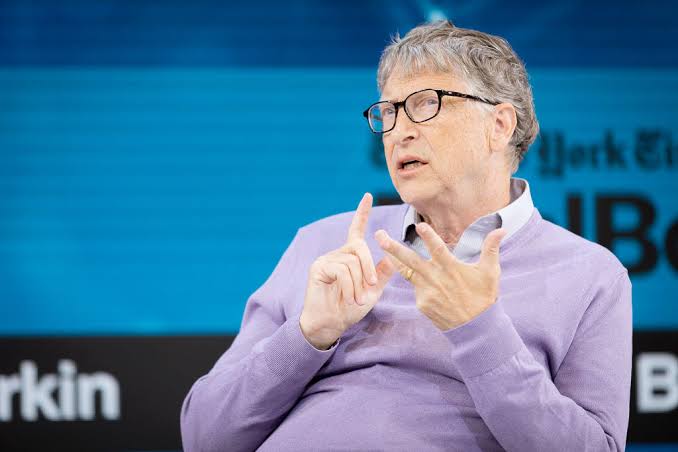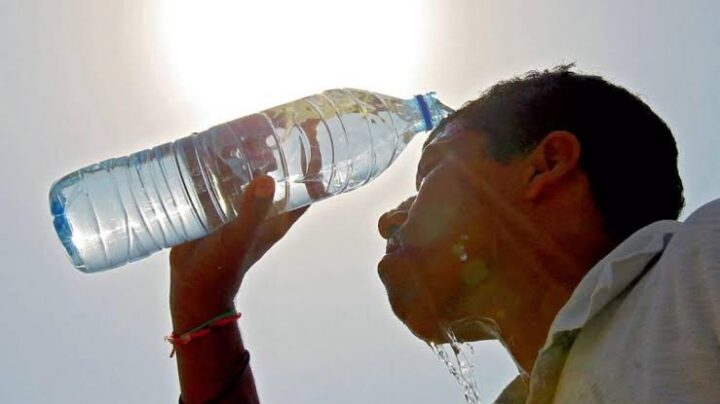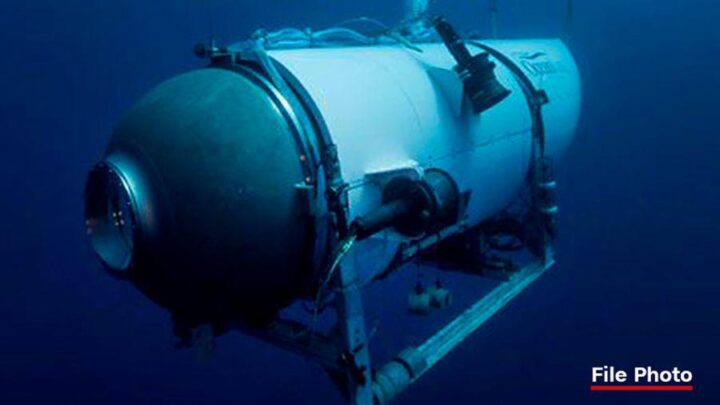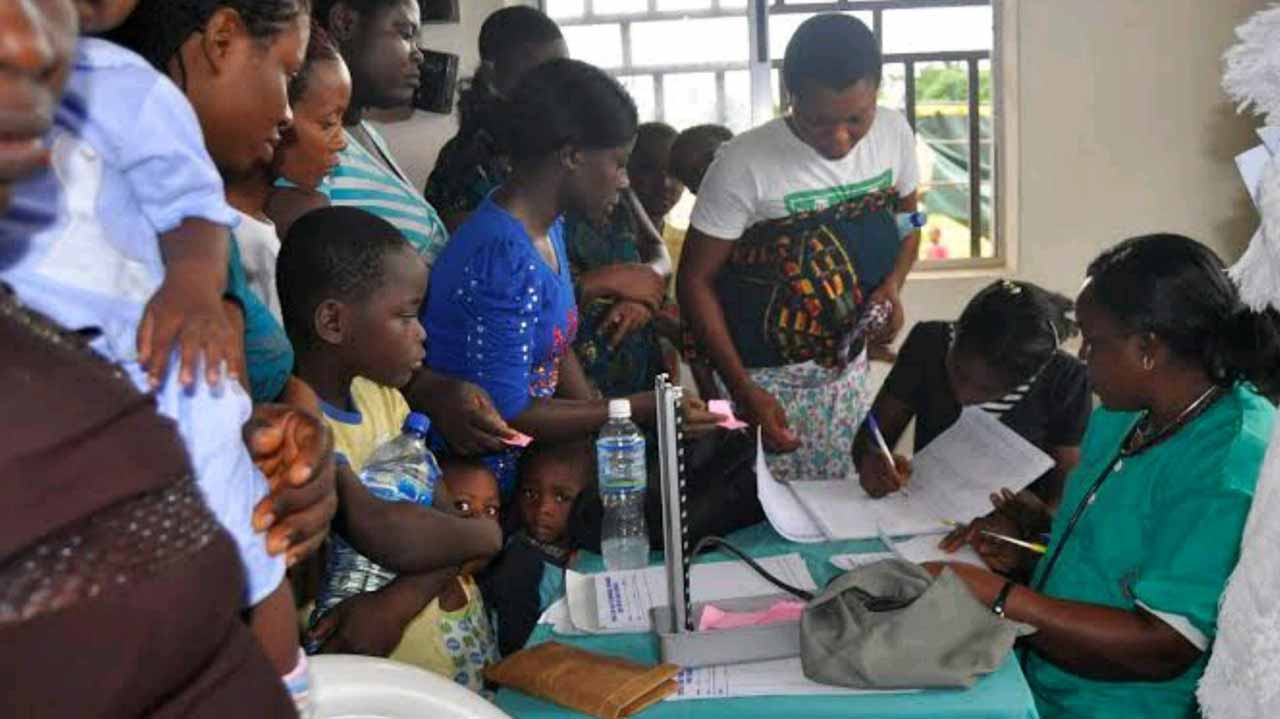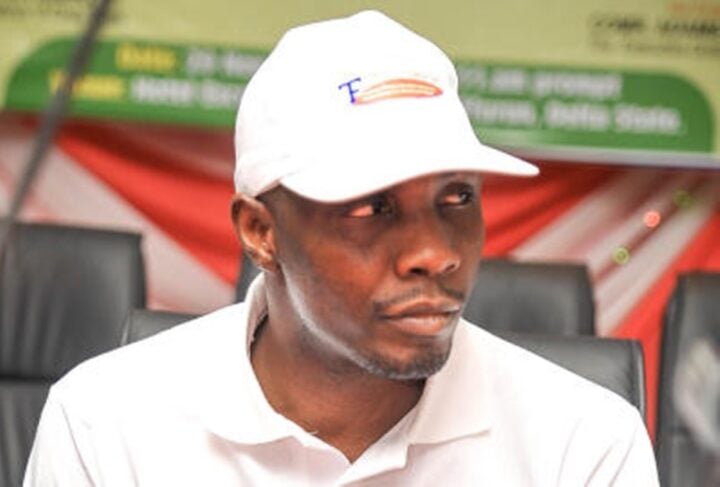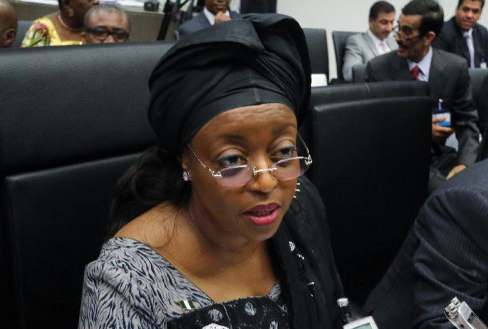Bill Gates, co-chair of the Bill and Melinda Gates Foundation, says rich and middle-income countries should rapidly get rid of their greenhouse gas emissions.
Speaking in Lagos on Wednesday, Gates said developed countries need to work on innovations that would help to reduce the cost of green energy for developing countries.
He said this is as important as asking developing countries to do away with old sources of energy.
“In terms of climate change, the huge amount of carbon and other greenhouse gases that have been put into the atmosphere really come from the rich countries and the middle income countries,” he said.
Advertisement
“And so it’s imperative that those countries, very quickly, do whatever it takes to get rid of their emissions, but also equally importantly, they have to innovate, so that when they come to countries like Nigeria, India, and say, okay, you should make steel the old way or cement the old way, that they innovated so that the new green approach is not a higher cost.
“We’re not there today. But over the time since the Paris Agreement in 2015, we’ve made a lot of progress.”
Gates said the issue of sustainability needs to be addressed locally in sectors such as agriculture to prevent situations where the overuse of fertilisers could cause harm to the ecosystem.
Advertisement
“I’d say if you look locally, there are, you know, sustainability issues. We have that in agriculture, and wherever you overuse fertiliser, you end up degrading the land and you want to take a long-term approach even knowing that the higher temperatures are going to make that difficult,” he said.
“So, this generation grew up with an environmental consciousness that wasn’t present. You know, we talked about the second green revolution, the first one raised particularly Asian crop productivity dramatically.
“The second one has got to also do that for African crops and ecosystems, but it’s got to do it at the same time as it’s reducing emissions and looking at sustainability.
“So the rivers don’t get so much fertiliser that you’re destroying those ecosystems. So it’s a little bit of a constraint. But with the pace of innovation, I feel we can achieve that.”
Advertisement
